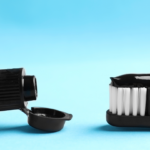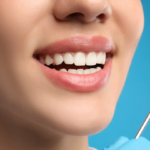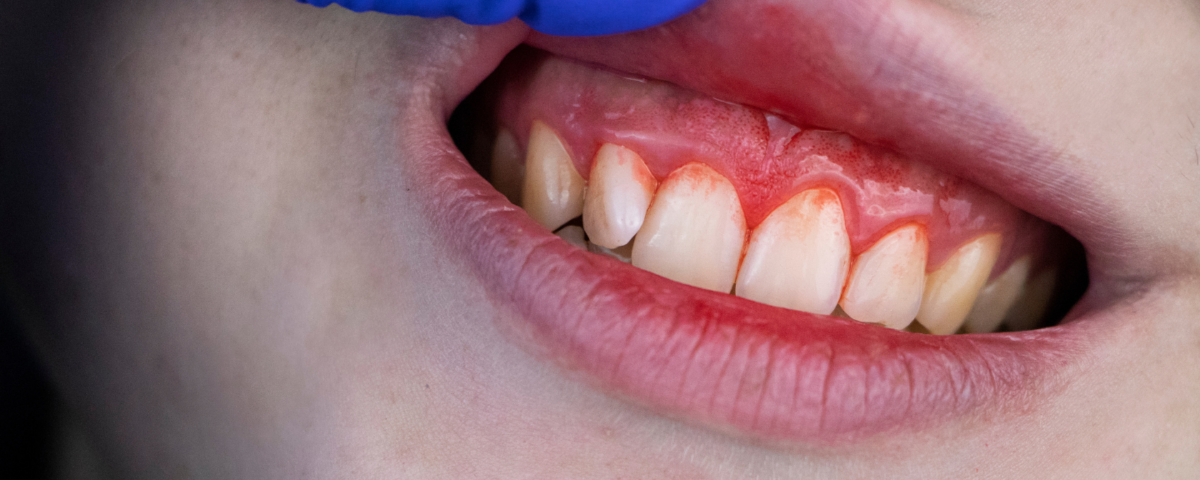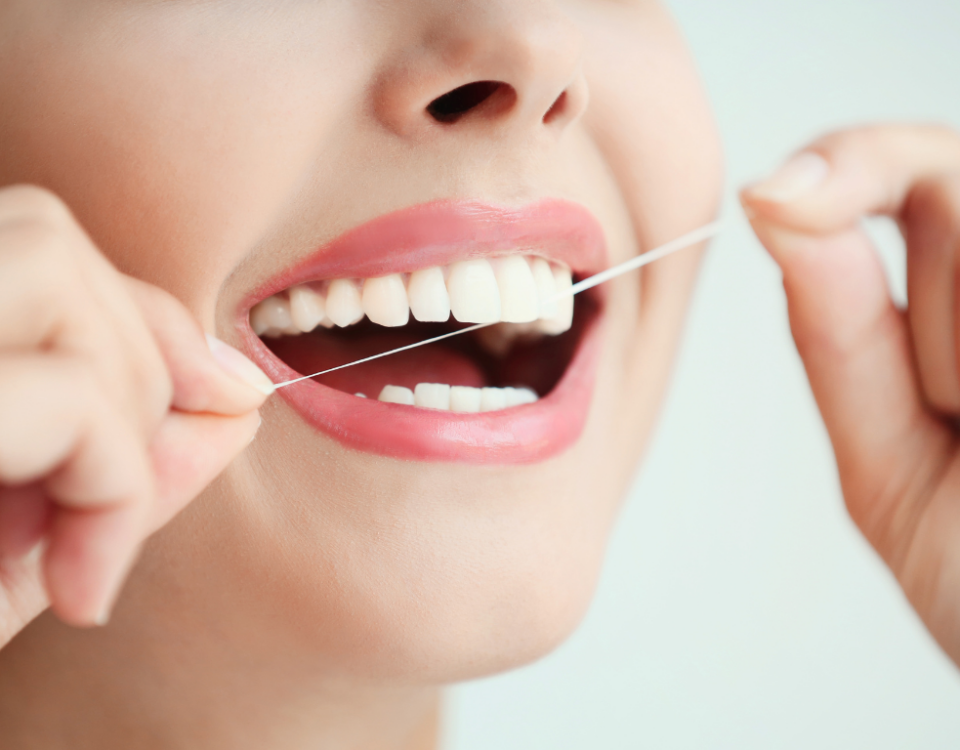
Is Charcoal Toothpaste Safe?
June 22, 2023
What is Tooth Enamel?
July 14, 2023Key Takeaways:
Common Causes:
Bleeding gums can result from brushing too hard, starting a new flossing routine, gum disease (like gingivitis), or dental appliance issues, such as poorly fitting dentures.
Gum Disease:
If bleeding is persistent, it could signal gum disease, which progresses to more severe symptoms like tooth loss if untreated.
Professional Help:
A dentist can diagnose and treat the underlying cause, offering solutions such as periodontal treatments or adjustments to dental work.
Never ignore bleeding gums. Even if you only see red tinges on your toothbrush, you still need to look into the cause, which could be anything from improperly brushing to gum disease. You need a complete evaluation by a dentist to determine whether you need dental intervention to stop your gums from bleeding. Therefore, once you notice blood around your gums or on your toothbrush, schedule a visit with your dentist to ask them, “Why are my gums bleeding?”
Common Dental Causes of Bleeding Gums
Several dental issues can cause gum bleeding. Your dentist needs to examine your teeth and gums to determine whether issues with your oral health contribute to your problem. If so, your dentist can treat the cause or recommend ways for you to avoid bleeding gums in the future.
Brushing Too Hard or Using a Hard-Bristled Brush
Most dentists recommend that their patients use soft-bristled toothbrushes and a light touch when brushing. You risk damaging your gums and enamel by brushing too hard or using a brush with hard bristles. Over time, your gums may bleed, and your teeth may become sensitive. Switching your toothbrush could help if this causes gum bleeding.
Adopting A New Flossing Routine After Not Flossing for a Long Time
Not everyone has a lifelong habit of flossing. If you haven’t flossed your teeth for a long time and just started, your gums may bleed a little until they become accustomed to the routine.
Don’t assume that bleeding gums happened due to starting a new flossing habit, though. Ask your dentist if you have other problems first. Not flossing can contribute to the development of gum disease, which requires professional treatment.
Gum Disease
Gum disease, which begins as an inflammation of the gums called gingivitis, and progresses to periodontitis, is a very common problem among older adults. In fact, the American Dental Association notes that almost half of Americans over 30 (47.2%) have chronic periodontitis.
Gum disease causes redness and inflammation of the gums and tooth sensitivity. Over time, it progresses to cause gum bleeding, loose teeth, pain when chewing, bad breath, and tooth loss. Treatment aims at stopping the progression of this condition before you lose teeth.
Problems with Dental Appliances
Dentures that don’t fit properly, wire braces, or faulty dental appliances may irritate gums and cause bleeding. If you have issues with your gums around your dental work, ask your dentist if you need repairs to the restorative pieces. You might require a new set of dentures or a replacement for your other restorative dental work.
Tooth Infection
Tooth infections may result in red, swollen gums around the affected tooth. Bleeding gums or a pimple-like swelling at the base of a tooth indicate a possible infection. A dentist can treat the infection to stop bleeding gums and the spread of the infection.
How a Dentist Can Help Your Bleeding Gums
Your dentist will treat bleeding gums based on the cause. Gum disease and tooth infections require more intensive treatments than a new flossing regime.
Periodontal Treatment
For gum disease, you may need periodontal treatment. With a deep cleaning of your gums, including below the gum line, the dentist can stop gum disease progression and prevent teeth loss in advanced cases. Deep teeth cleaning with scaling and root planing removes bacteria from around the teeth and gums. This treatment can stop gum disease from getting worse. However, if gum disease has progressed to cause deep pockets around your teeth, you may need surgery to treat the problem. Without care, you could lose teeth.
Root Canal Therapy
If you have an infection in a tooth, you may need root canal therapy to treat it. This painless procedure removes any infectious material from deep inside your tooth, preventing the bacteria from spreading and causing tooth loss or overall health problems.
Refitting Dentures or Fixing Dental Restoration Problems
If you have problems with your dental work, such as dentures that no longer fit properly or failed dental restorations, you may need those issues repaired to help your gums to heal. The dentist will examine your dental work to see if it causes gum bleeding and will make changes to the fixtures to help prevent future gum problems.
You may need to return several times for fitting of new dentures, crowns, bridges, or other dental work to ensure the new piece fits correctly and does not cause gum irritation or bleeding.
Changes in Your Home Oral Care Regime
Sometimes, you can make changes at home, as long as your dentist recommends it. For example, if you brush too hard, they will suggest that you replace your toothbrush with a soft-bristled brush. You may also try brushing your teeth with your non-dominant hand to reduce the pressure you apply to the brush. Once your gums adapt to flossing, they will no longer bleed when you floss between your teeth.
Medical Causes of Gum Bleeding
Gum bleeding does not always stem from dental problems. If you get a checkup from your dentist and find out that your teeth and gums are healthy, make an appointment with your primary care doctor to investigate possible medical causes of bleeding gums, which may include:
- Nutritional deficiencies, especially vitamins C or K
- Leukemia is a type of cancer of the blood
- Taking blood-thinning medications that reduce coagulation
- Bleeding or blood-clotting disorders, such as hemophilia
- Diabetes
- Hormone fluctuations, especially during menopause, pregnancy, and puberty
- Stress
Always talk to your doctor if you don’t have dental problems causing your bleeding gums.
Schedule a Consultation at Langley Dental Care
If you are wondering “why are my gums bleeding” you need to find out the cause to make effective changes that will stop it. Your first step is an appointment with a dentist to see if you have one of the most common causes of bleeding gums. Let us at Langley Dental Care see whether we can help you to stop your gum bleeding with treatments for gum disease and tooth infections. Contact us to schedule your visit and find out why your gums bleed.



